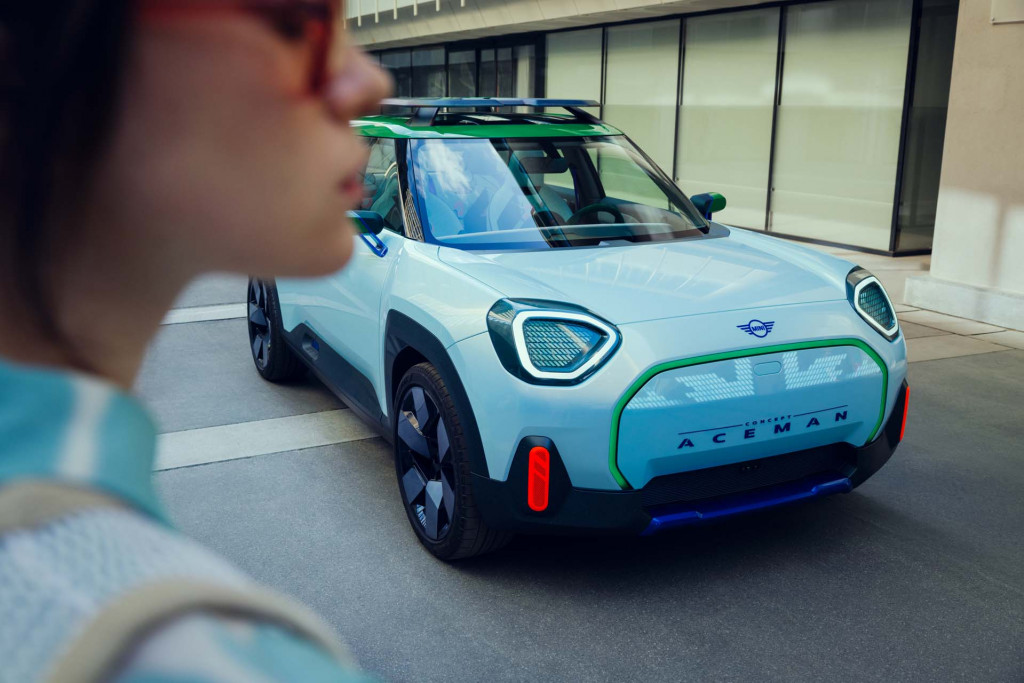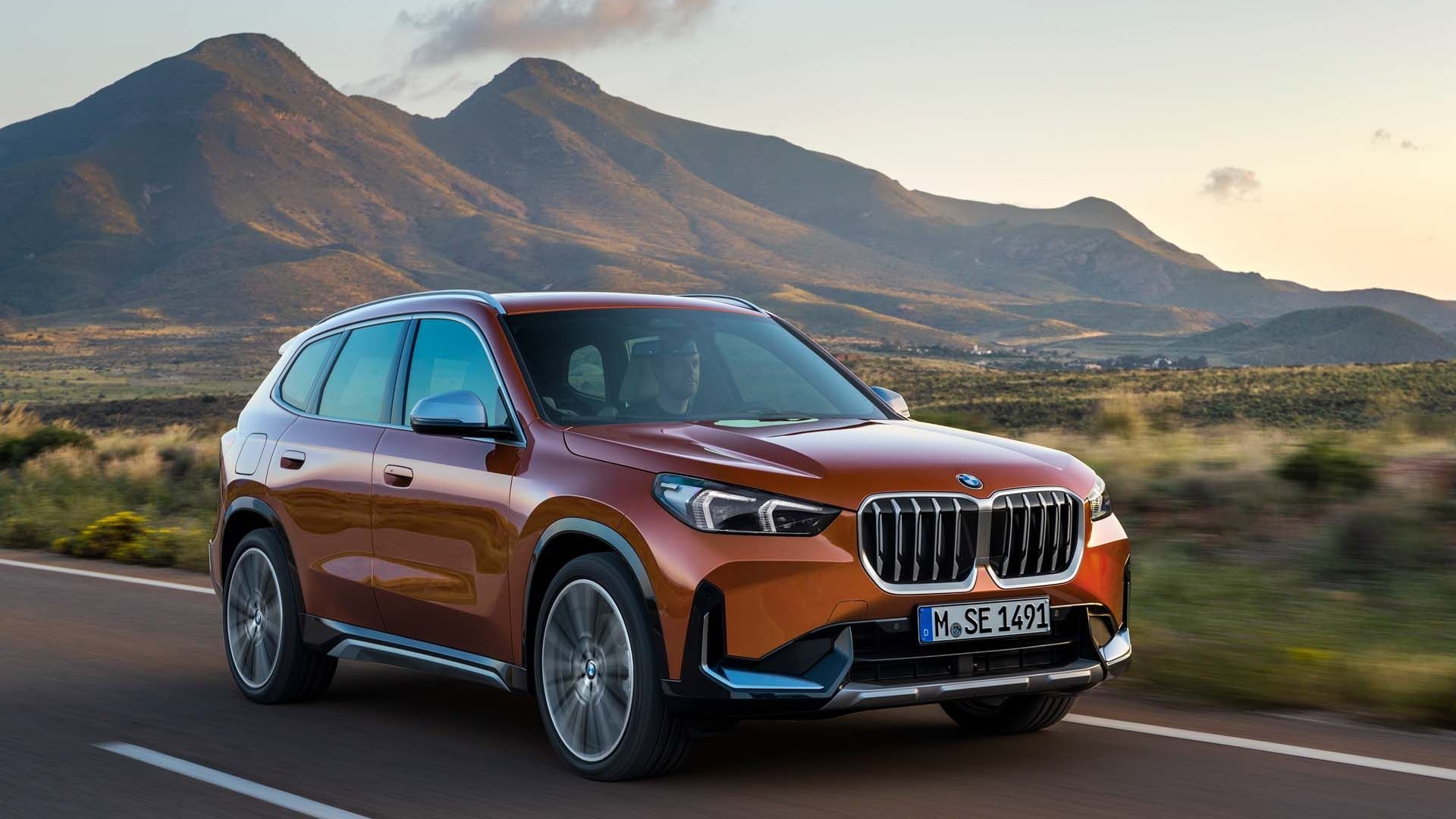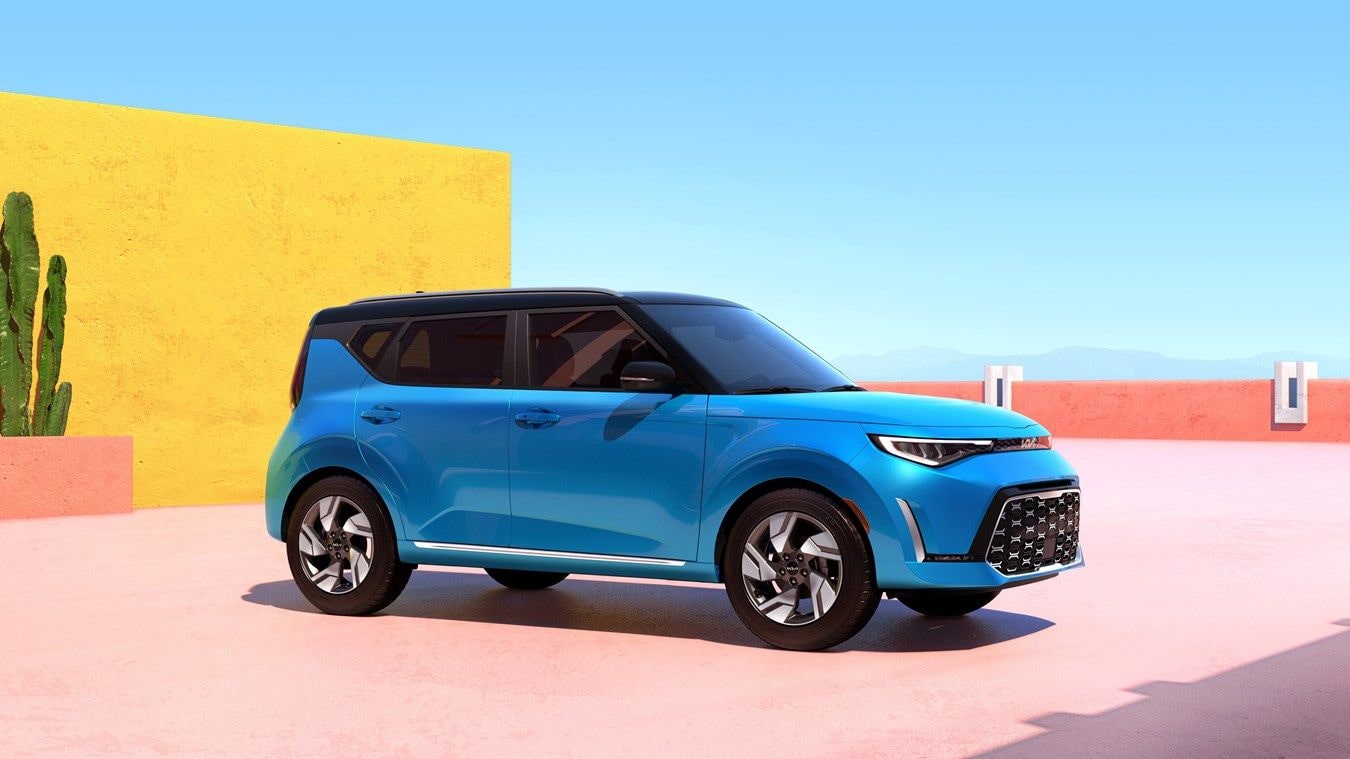Mini on Monday said it will invest more than 600 million British pounds (approximately $751 million) in its U.K. plant to transform it into a hub for electric vehicle production.
The 110-year-old plant, near Oxford, already builds the current Cooper SE, though the electric hatch shares a platform with gas-powered models primarily built at the site. For its future EVs built at the plant, Mini will use dedicated EV platforms.
The first of the future EVs will be the fourth-generation Cooper that debuted last week at the 2023 Munich auto show. It will enter production at the Oxford plant in 2026 together with the Aceman, a subcompact crossover that debuts soon and was previewed last year by a concept of the same name.
Mini will also build gas-powered versions of the fourth-generation Cooper at the Oxford plant, starting next year. However, by 2030, Mini will exclusively build EVs at the plant. The gas-powered fourth-generation Cooper, which has yet to be revealed, is expected to reach the U.S. next year as a 2025 model. It will use an updated version of the current gas-powered model's platform.
Mini on Monday also announced that a new Convertible will enter production at the Oxford plant next year.

Mini Concept Aceman
At first, the electric version of the fourth-generation Cooper and the Aceman will be built in China exclusively, with production starting there early next year. While Mini plans to export its Chinese-built vehicles, the U.S. won't be on the list of destinations due to the current 27.5% tariff the U.S. places on vehicles imported from China.
It means the electric vehicles likely won't be sold in the U.S. until 2026, when production starts in the U.K., though Mini hasn't detailed its plans yet.
In a recent interview, Michael Peyton, vice president of Mini of the Americas, said the automaker has a plan to get the electric Cooper and Aceman to the U.S., and hinted that Mini may even build vehicles in North America in the longer term.
The U.K. plant has an annual capacity of around 200,000 units and Mini expects to reach that in the medium term.
In addition to the Chinese and U.K. plants, Mini will use a plant of parent company BMW, which is located in Leipzig, Germany, for production of the third-generation Countryman that also debuted last week at the Munich auto show. The new Countryman, which is expected to reach the U.S. next year as a 2025 model, will be built in Germany in both gas and electric flavors.



